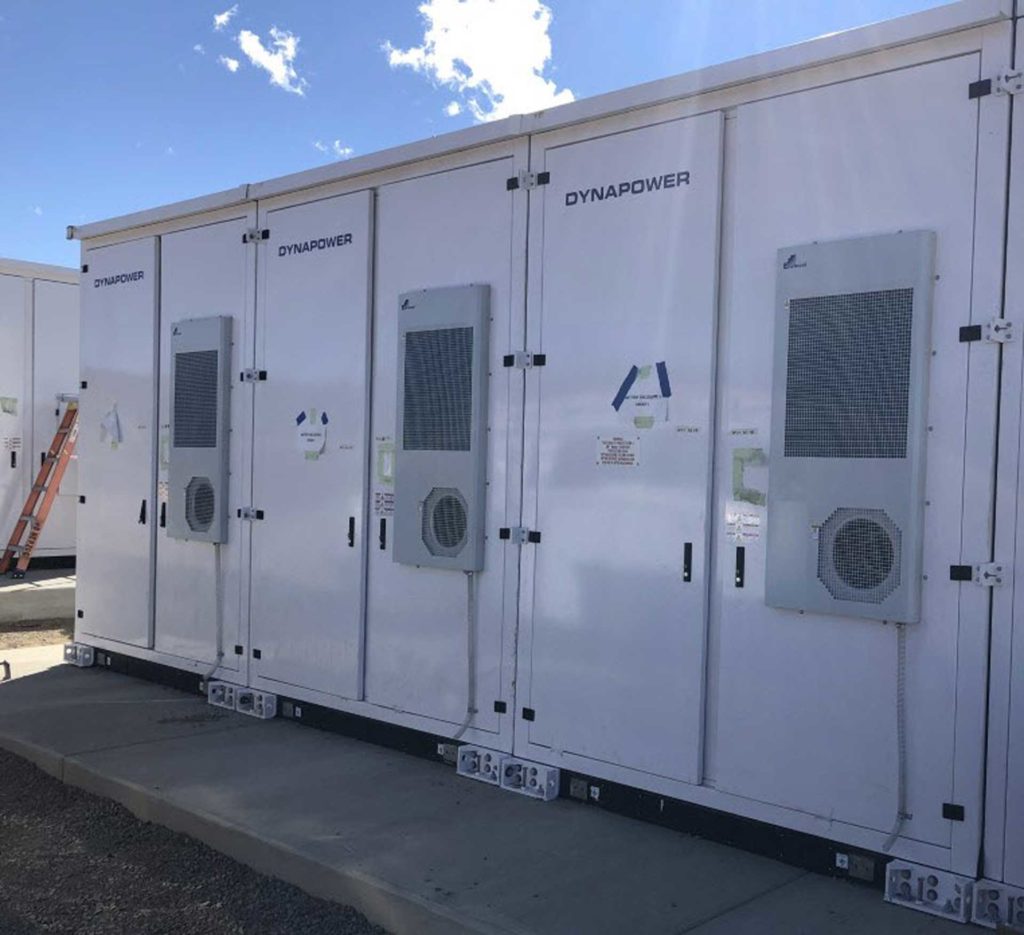Understanding the breakdown of electricity usage can generate substantial savings for business owners. When it comes to electricity bills, most commercial and industrial power customers simply accept the charges and pay them—but this doesn’t have to be the case.
According to a recent blog post by Duke Energy Sustainable Solutions , utility demand charges can account for a third or more of a commercial and industrial customer’s electricity bill.

What are demand charges and why are they important?
Utility bills are typically broken down into two types of charges: energy charges and demand charges.
Energy charges refer to the amount of energy used over the billing period, multiplied by the energy rate. Demand charges reflect the maximum amount of power that a customer used over a specific interval—usually 15 minutes—during a billing cycle. These apply mostly to commercial customers as opposed to residential customers, since they most often require higher power demands at peak times.
While each utility company can have its own specific billing process, they generally state the maximum amount of power demand that a customer is allotted. If that amount is exceeded over an extended period, then the utility company may apply demand charges to the customer’s bill.
There are also multiple types of demand charges. For instance, charges will increase during peak demand hours and decrease during off-peak demand hours.
How to reduce demand charges with energy storage
While usage during peak hours is inevitable, an energy storage system can reduce or eliminate the amount of energy that is pulled from the grid during peak hours—thereby reducing demand charges, or eliminating them altogether.
An energy storage system allows customers to charge their system’s batteries during off-peak hours, then later discharge those batteries during peak hours. This process helps customers to avoid exceeding their allotted power consumption and incurring demand charges. This process is known as peak shaving.

In addition to reducing or eliminating demand charges, energy storage can also provide critical backup power in the event of an outage. The cost of even a short power outage can be disastrous, and energy storage systems can protect facilities against costly downtime, loss of productivity, and even damage to expensive equipment.
Energy storage systems are a valuable investment for any commercial or industrial facility. Learn more about Dynapower’s energy storage solutions, or contact us today.